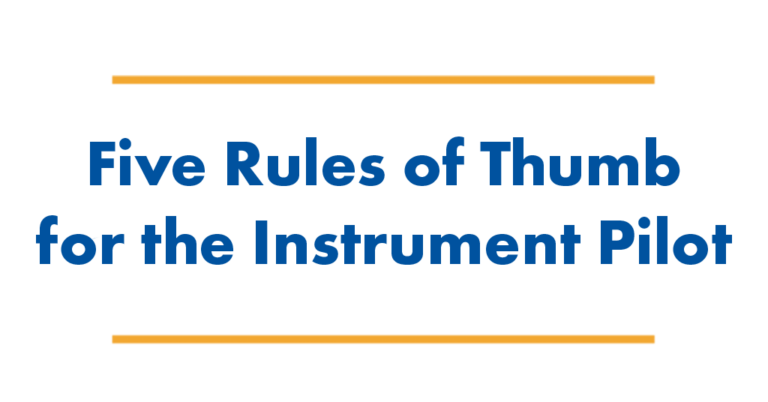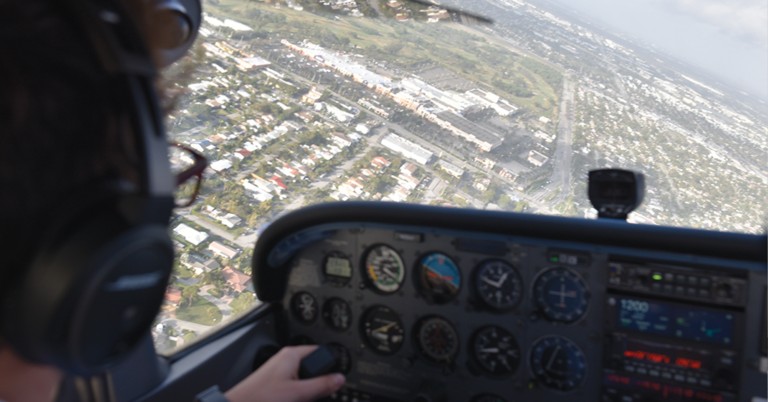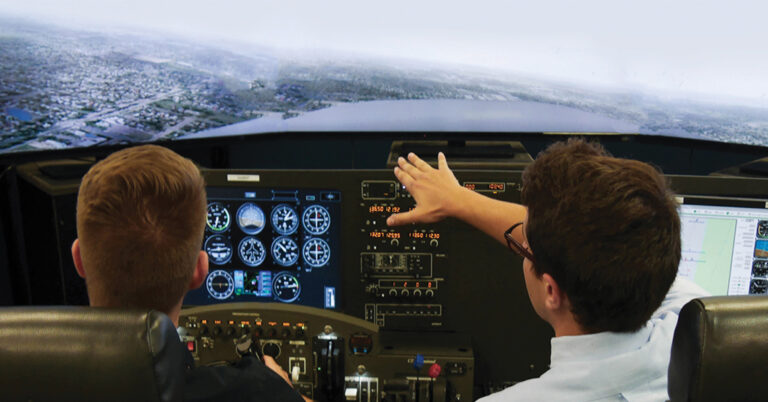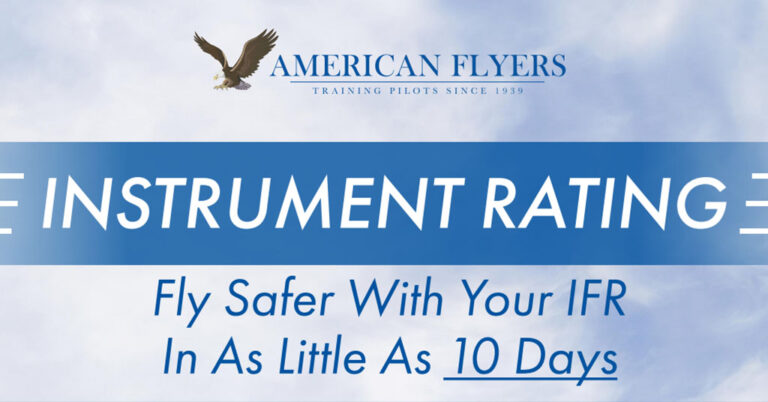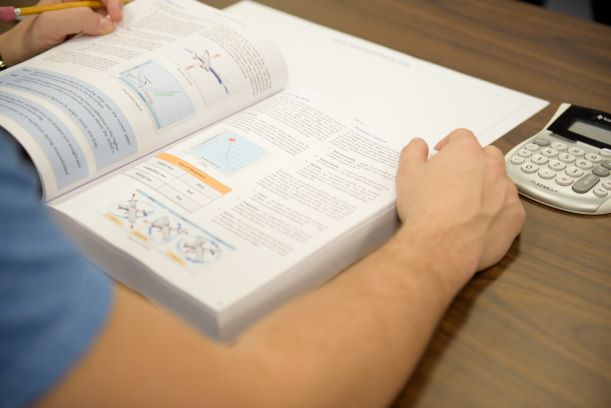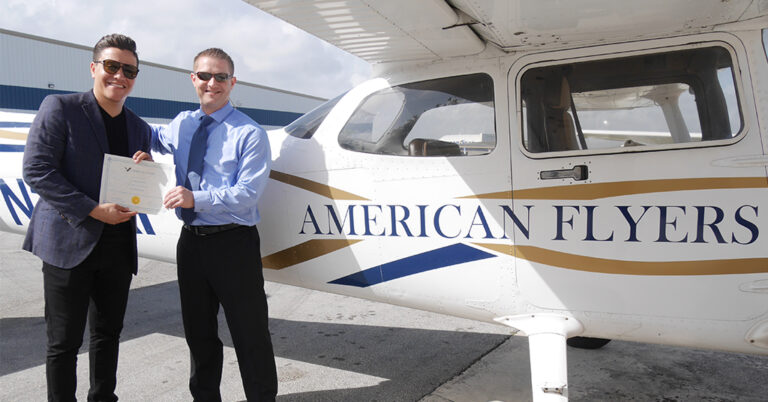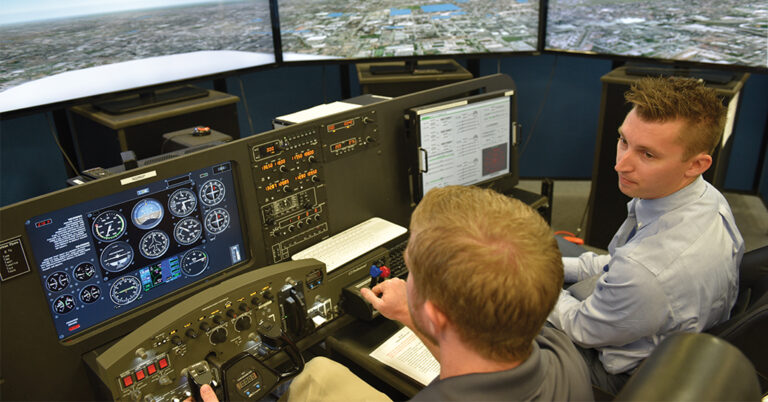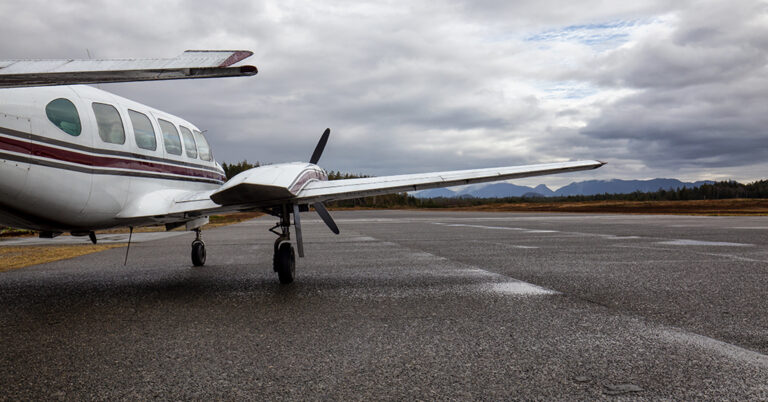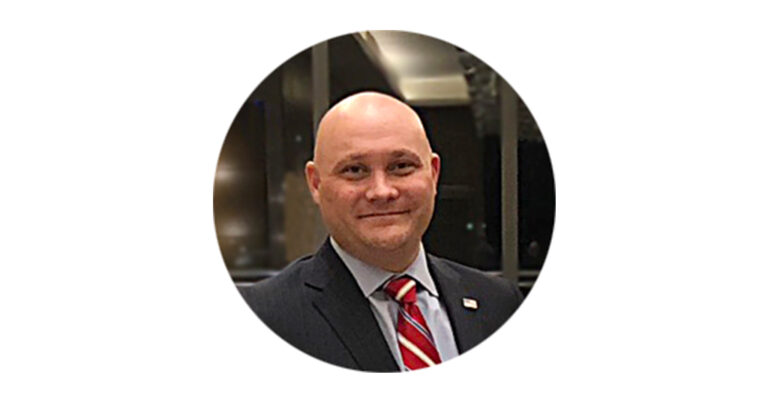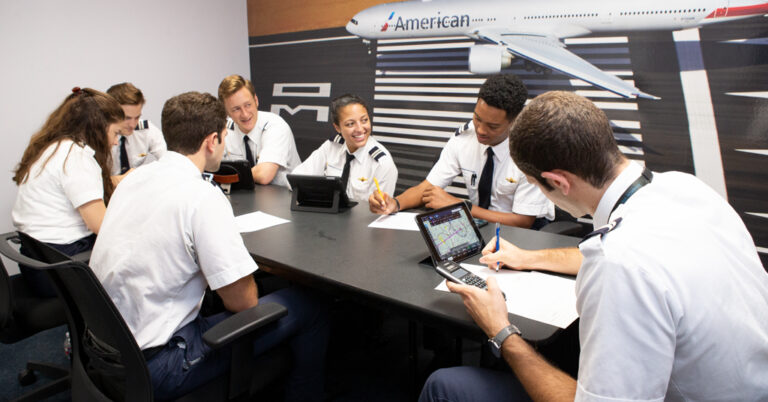When you think about instrument flying, you can think of hundreds of things that you need to remember when flying in the clouds. This article covers the five most basic rules of thumb for you to remember when flying on instruments. 5: Always use the six T’s American Flyers
Everyone has a story, and every pilot has a reason for learning to fly. Then in many cases, “life happens.” We see this often where a pilot learned to fly years ago, and due to family, financial, business, or many other reasons, they had to stop flying. As soon
By: Steven Daun, National Chief Pilot Records show that methods to tell the future, like a crystal ball, have been used as far back as the 1st century. Soothsayers used the magic ball to give advice to the world’s most powerful people. If you think about this, you must
By Steven Daun, National Chief Pilot As the old saying goes: “just because you can doesn’t always mean that you should.” This can be said of many things in aviation. Many schools advertise a 10-day instrument rating and many pilots end up frustrated when they find that they can’t
BY STEVEN DAUN, NATIONAL CHIEF PILOT The average age of someone starting flight training is 31. For private pilots, it’s 48. That means the average person in the initial flight training process is probably quite removed from taking standardized written assessments, but is very accustomed to practical and real-world
BY STEVEN DAUN, NATIONAL CHIEF PILOT You are flying IFR on the last hour of what has been a five-hour IFR flight. The weather is poor, it’s cold and bumpy, and you have a couple of passengers who are getting nervous. Suddenly, one of your annunciator lights comes on
By Steven Daun, National Chief Pilot From the day we started to learn about the FAR’s during our Private Pilot training, we have understood §61.56, which deals with the flight review. If you ask pilots and instructors what the purpose of a flight review is, you will receive many
By Steven Daun, National Chief Pilot Unlike the Flight Review, the Instrument Proficiency Check (IPC) is only required if a pilot’s instrument currency lapses—there is no regularly recurring requirement for an IPC. As long as instrument-rated pilots accomplish the approach currency requirements of 14 CFR 61.57, they may never
This issue of the Pilot’s Digest is all about becoming a better pilot. A good pilot is one that is always learning, but a great pilot is one that practices what they have learned. If you’re like me, you’ve watched the ESPN special about Michael Jordan and the Chicago
By Steven Daun, National Chief Pilot For the majority of my career in aviation, I’ve noticed that very few companies and instructors like to discuss safety trends. This could be for a few reasons — one being that part of this discussion includes tough subjects like accidents and incidents.
Every month at 3 of our locations— Morristown, New Jersey; Addison, Texas; and Pompano Beach, Florida—groups of students gather together to help each other become Certified Flight Instructors (CFI’s). We call this our very own CFI Academy. We offer a 15-day CFI-A Academy (only in Morristown) and 30-day combined
American Flyers’ academies are based upon group-centered learning. Each course is made up of a group of students that all have one major thing in common: their love for flying. Students are often taught together in the classroom, providing them with the opportunity of studying together and helping each




